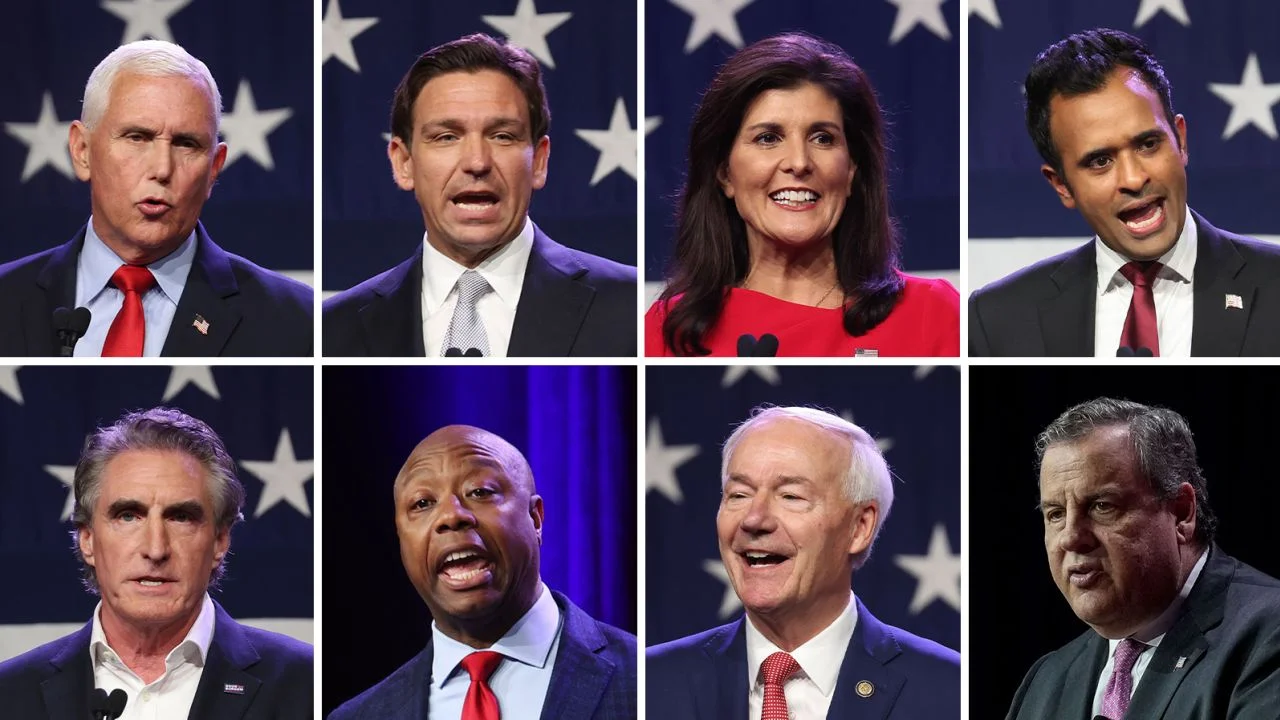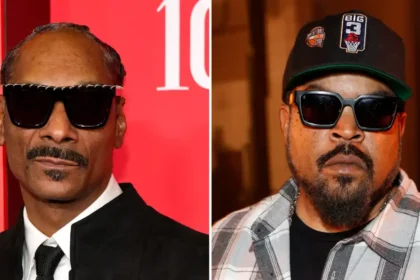As the race to select the next Republican presidential candidate heats up, a televised debate is set to take place, offering a platform for hopefuls to showcase their visions and compete for voters’ support. However, one notable absence will be former President Donald Trump, the current frontrunner in opinion polls.
Scheduled for this week, the first Republican primary debate is shaping up to be an important event in the lead-up to the 2024 US presidential elections. The forum, hosted by Fox News, will kick off from Milwaukee’s Fiserv Forum in Wisconsin at 9:00 PM EDT on Wednesday, providing candidates with an opportunity to articulate their positions and engage with potential supporters.
Notable Candidates Qualified for the Debate
Several candidates have met the qualifying criteria set by the Republican National Committee to participate in the debate. These criteria include obtaining at least 40,000 individual campaign donations and securing at least 1% support in three separate national polls, or two national polls and one from an early presidential primary state like Iowa. Additionally, candidates are required to pledge their support for the eventual Republican presidential nominee.
Among the candidates who have qualified for the debate are:
- Florida Governor Ron DeSantis
- Former United Nations Ambassador Nikki Haley
- Former New Jersey Governor Chris Christie
- North Dakota Governor Doug Burgum
- Entrepreneur Vivek Ramaswamy
- South Carolina Senator Tim Scott
- Former Vice President Mike Pence
- Former Arkansas Governor Asa Hutchinson
The Trump Factor: Absence and Impact
While most of the eligible candidates are set to participate, Donald Trump has affirmed his decision not to engage in the debate. The former president, who consistently holds a lead over other Republican rivals in polls, has conveyed his lack of interest in participating. He stated on his Truth Social platform, “The public knows who I am & what a successful Presidency I had. I will therefore not be doing the debates.”
Despite his absence, Trump’s influence on the race remains significant. A CBS and YouGov poll revealed that 62% of likely Republican primary voters consider him their preferred candidate. Nevertheless, the absence of Trump provides a unique opportunity for the other candidates to present their cases to the public without the dominating presence of the former president.
Implications and Historical Context
While Trump’s lead seems solid, the debate still carries weight. The same CBS poll highlighted that 91% of likely voters want candidates to focus on promoting themselves rather than making the debate about Trump. For those open to considering alternative candidates alongside Trump, approximately 50% are “waiting to see the debate.” This suggests that a strong performance could potentially sway these voters, offering participating candidates a chance to stand out.
History indicates that strong debate performances can indeed impact a candidate’s fortunes. In the 2016 Republican election cycle, for instance, Trump’s support increased from around 24% on the day of the first debate to over 30% by the second one. Similarly, neurosurgeon Ben Carson experienced a significant boost, rising from 5.8% to about 20% between the two debates.
As the debate unfolds, its outcome will likely be scrutinized for signs of changing dynamics within the Republican field and the potential for candidates to gain ground despite Trump’s lead.
How to Watch and What’s Next
The debate will be broadcast across various Fox platforms, including Fox News Digital, Fox News Audio, Fox Business Network, and Fox Nation’s streaming service. The event is expected to last approximately two hours, concluding at 11:00 PM EDT.
Looking ahead, the second Republican debate of the 2024 election cycle is scheduled for September 27th at the Ronald Reagan Presidential Foundation & Institute in Simi Valley, California. Additional details about the forthcoming debate are anticipated to be released in the coming weeks, according to Fox.




